The White House on October 24 released a memorandum addressing national security risks posed by artificial intelligence (AI), a year after US President Joe Biden issued an executive order regulating the technology.
US National Security Advisor Jake Sullivan said this is the country's first strategy to harness the power and manage the challenges of AI to promote national security in the context of constantly evolving adversaries.

More countries are stepping up their AI controls
According to the memorandum, US security agencies will monitor, assess and mitigate risks related to AI such as privacy violations, bias and discrimination, and personal and organizational safety. In addition, the US will strengthen cooperation with allies to ensure that AI is developed and used in accordance with international law.
Late last year, US President Joe Biden signed a sweeping executive order on AI that is expected to coordinate with global AI legislation. At a lower level, lawmakers in several US states are working on their own state AI laws. Chinese President Xi Jinping has proposed a Global AI Governance Initiative. Brazil, Japan, and organizations like the UN and the G7 are working on AI laws.
In fact, along with the explosive development that brings many benefits, AI also contains many risks, notably deep fake technology that is increasingly spreading fake information.
Regarding AI control, European Union (EU) lawmakers also passed the final step of AI control law in March. The EU AI Act is primarily aimed at protecting consumers to control possible risks.
Source: https://thanhnien.vn/my-ban-hanh-ban-ghi-nho-quan-ly-rui-ro-ai-185241025204959658.htm









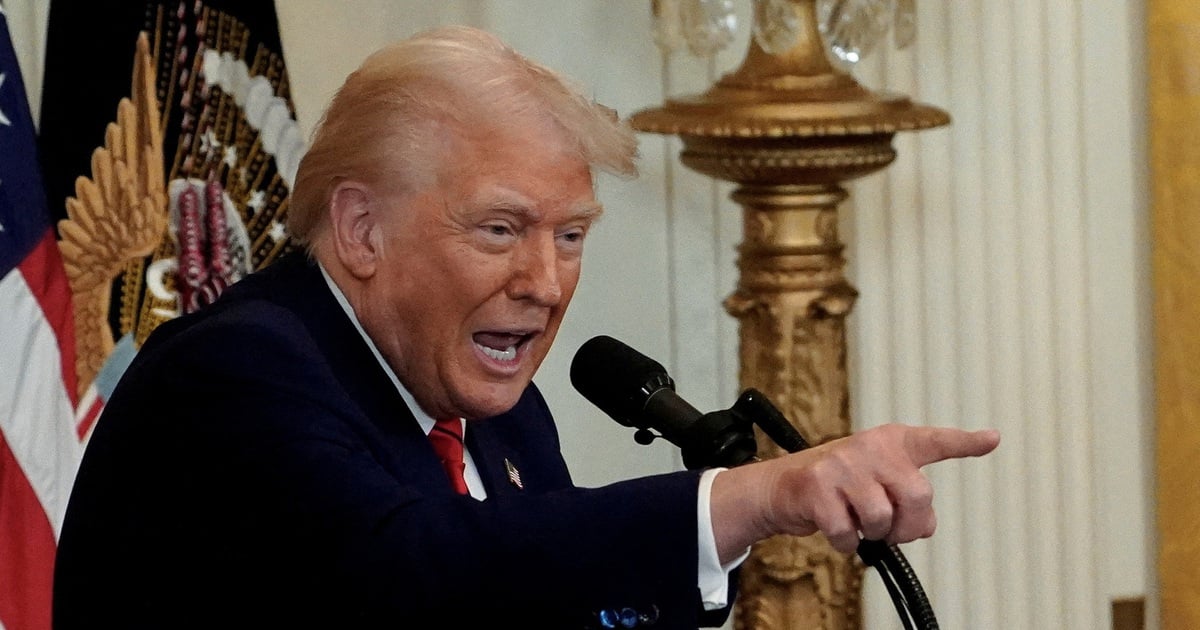
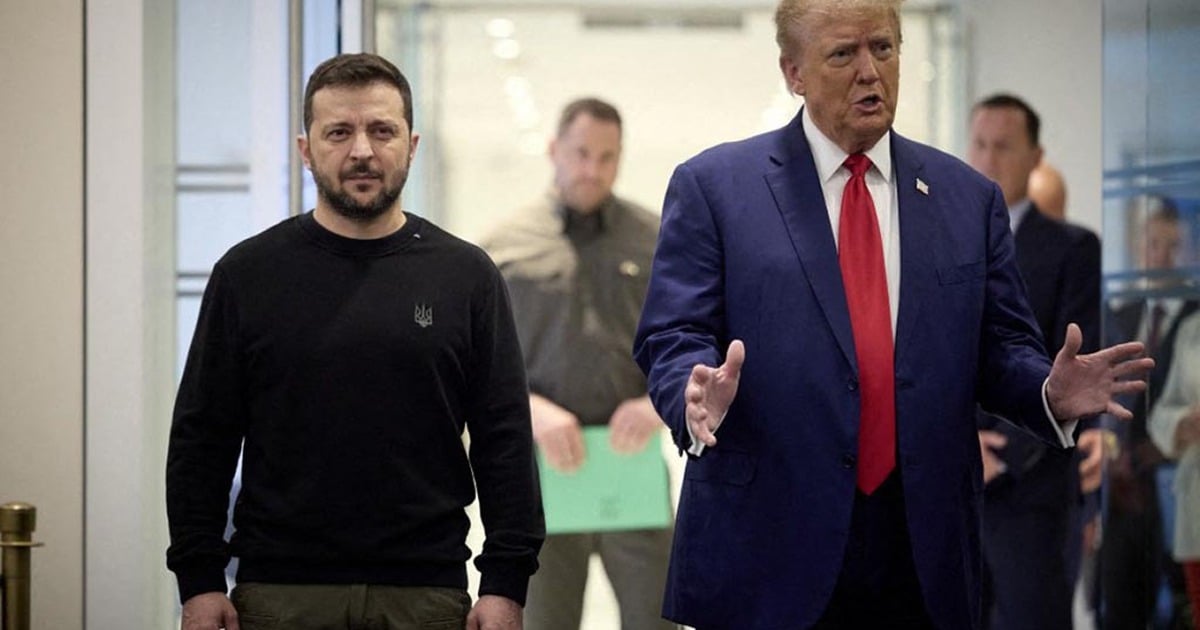
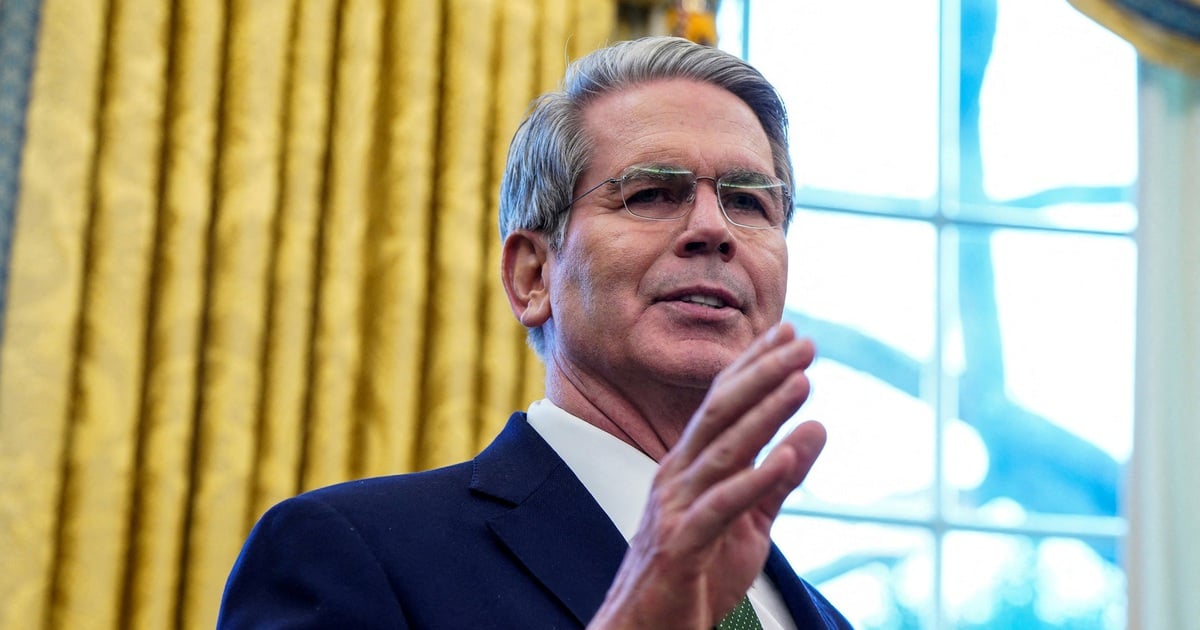
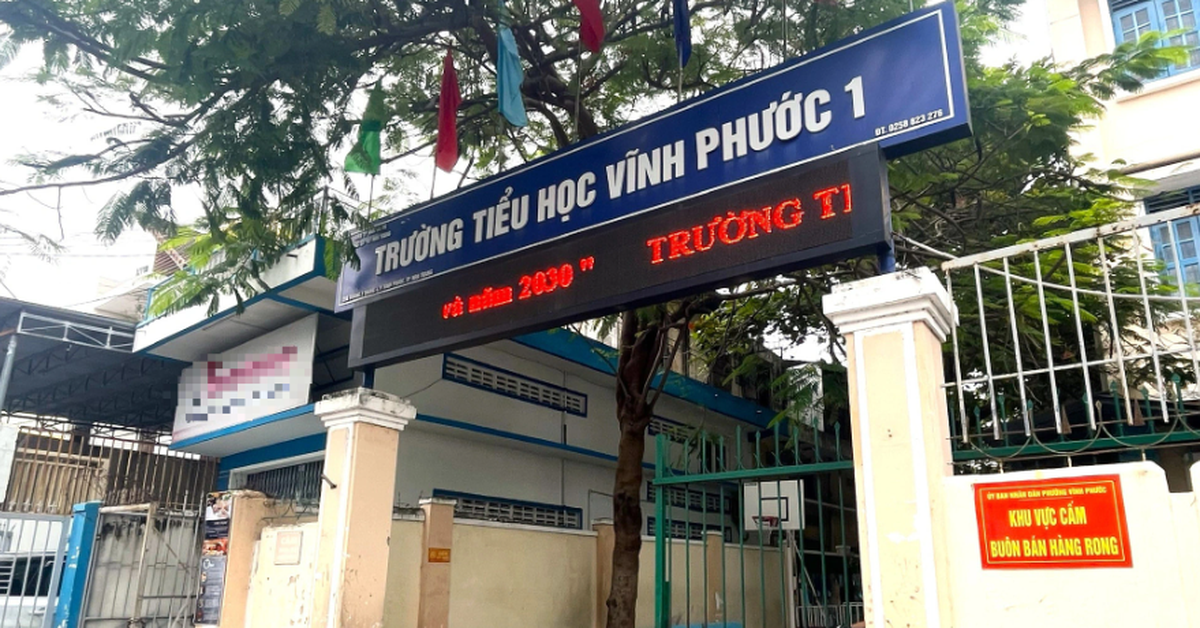

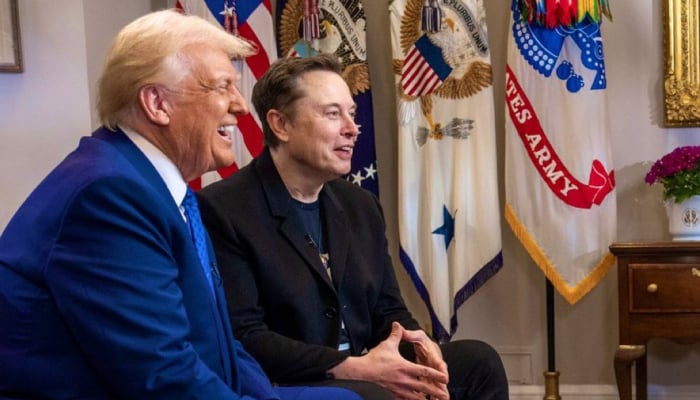




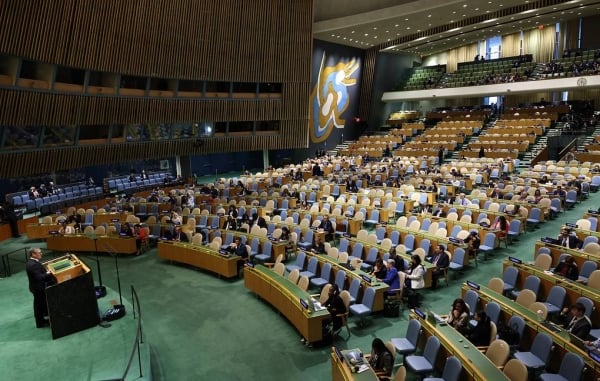















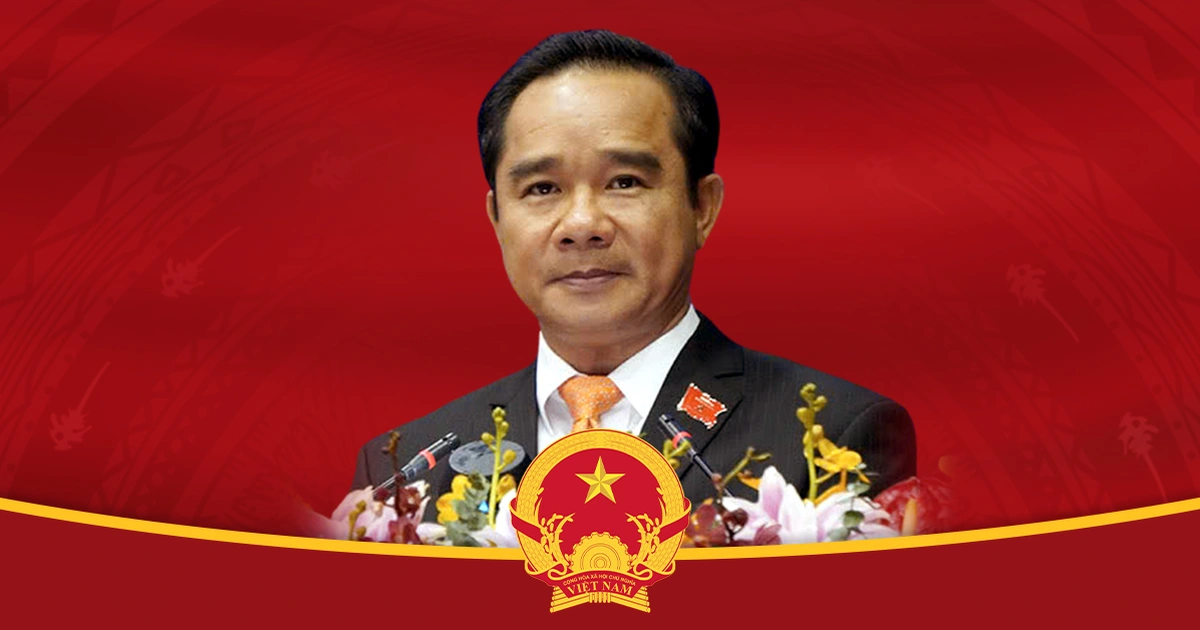



Comment (0)